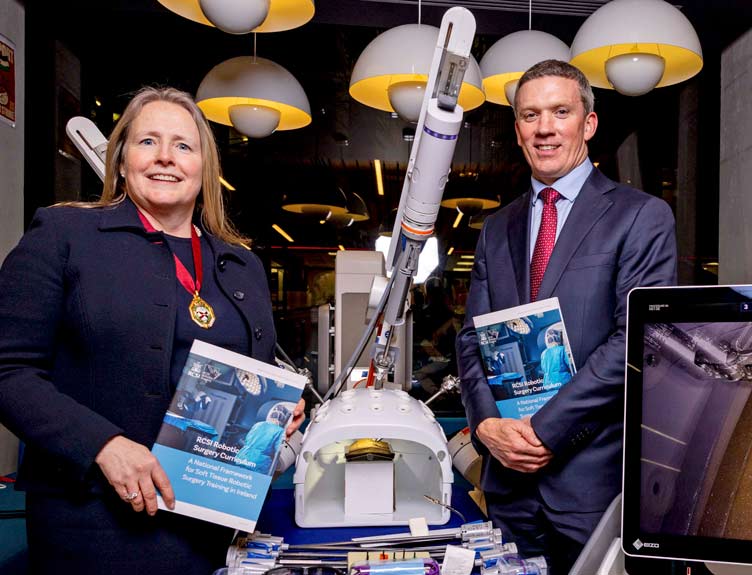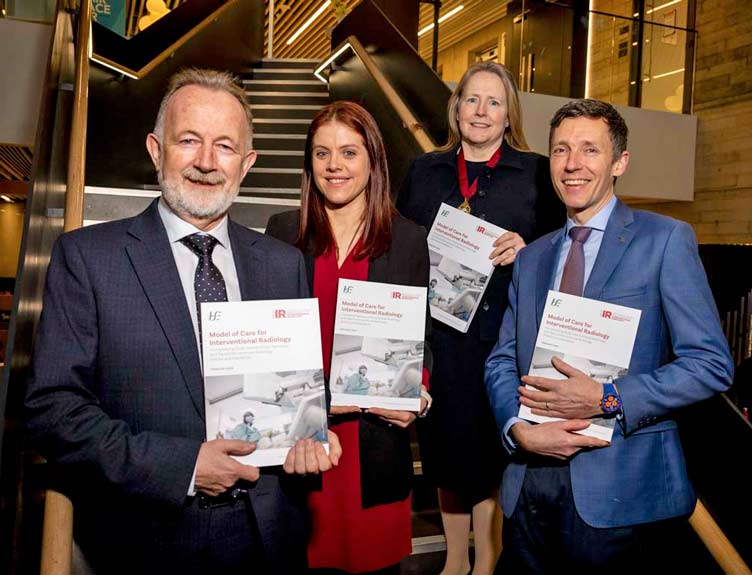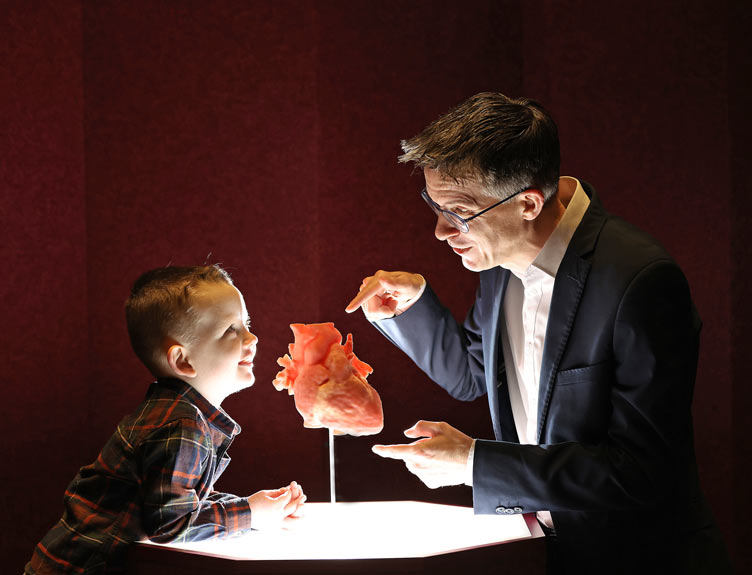New study to examine if babies born during lockdown are more likely to develop allergies
A new research study from RCSI University of Medicine and Health Sciences and CHI Temple Street will examine if Ireland’s COVID-19 restrictions will result in an increase in allergies in infants born since March.
Led by clinician scientists at RCSI’s Department of Paediatrics and CHI Temple Street, the study will investigate whether the lower rates of viral infections and improved air quality which resulted from the lockdown are going to make allergic conditions more or less common in children born to families who have experienced social distancing and isolation. Identifying non-acute consequences of COVID-19 is now a global research priority.
Professor of Paediatrics at RCSI University of Medicine and Health Sciences Jonathan Hourihane, who is leading the study, said: “The lockdown presents a unique scientific opportunity to examine the early origins of often lifelong diseases, issues that constitute a major health and social burden in Ireland and other developed countries.”
Allergic diseases like eczema, asthma, hay fever and food allergy have become more common over the last 30 years. This is thought to result from decreased exposure to infections, due to smaller family sizes, the introduction of effective immunisations against the most serious infections and community focus on hygiene. This is called the ‘Hygiene Hypothesis’. Air quality, which has also worsened in Ireland and in other industrialised nations over the last 30 years, also affects allergic conditions.
Professor Hourihane said: “After birth, a baby’s immune system soon focuses on all the new challenges that life outside the womb brings, including fighting off infections and responding to immunisations. We want to see children playing on the floor, getting dirty, and being exposed to lots of people in lots of environments. The outcome of this is usually a stronger immune system, linked to a healthy population of gut bacteria, called the microbiome.”
Hourihane continued: “Ireland’s COVID-19 lockdown appears to have reduced the amount of other viral infections, which typically circulate in the community. We have seen less than half the usual number of attendances at paediatric emergency departments and rates of seasonal influenza and other late spring upper respiratory viruses seemed much lower than usual during this time.”
The study will involve 1,000 infants born in Ireland between March and May 2020. Parents of children born in that time window in the Rotunda Hospital Dublin and The Coombe Women and Infants University Hospital will be invited by letter to participate.
A small finger prick blood sample will be taken at the beginning of the study and at one year to test for each baby’s COVID-19 antibody status. The stool samples from each child will be examined at six months and at one year in the Alimentary Pharmabiotic Centre in UCC by Professor Liam O’Mahony to determine their gut bacteria/microbiome profile. Allergy tests will be performed at one year and two years’ old to detect if they have developed markers of allergic conditions. If allergies are detected, the children involved in the study will get allergy care faster than they would otherwise.
The study has received start-up funding from the Clemens Von Pirquet Foundation, a European allergy charity and the Temple Street Foundation. Other funding is also being pursued.



